The difference between the origin story and flavor and taste characteristics of coffee beans in the village of Essex in Panama
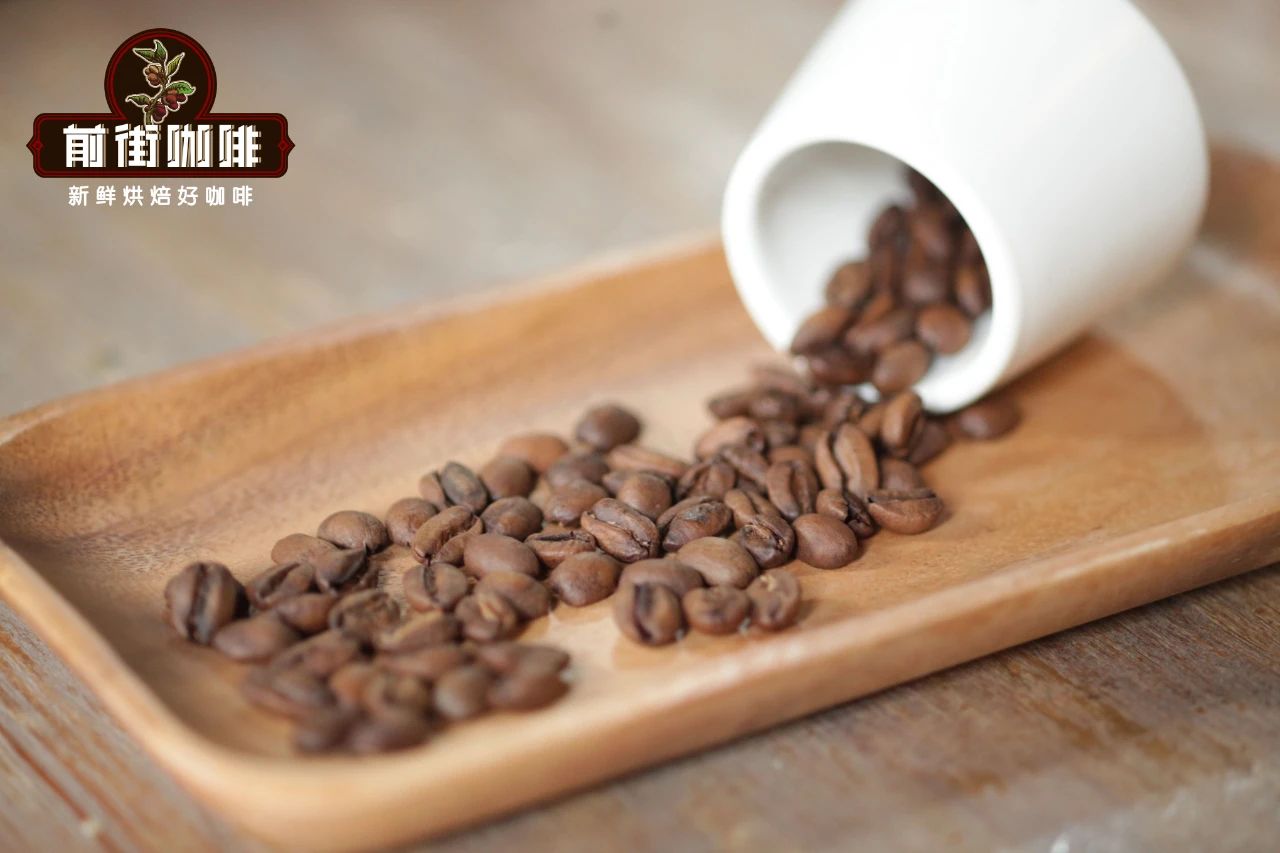
Rosa Coffee is as famous in the coffee world as Rolls-Royce in the automobile world. Rose summer seed traveled across the ocean from Africa to Central America, and finally shocked the world overnight at an opportunity. There are also many rose summer coffee species in the coffee bean list on the front street, among which the most representative are the American rose summer species centered in Panama and the African rose species centered on Ethiopia.
The road to fame of Rose Summer Coffee
In 1931, the rose summer seed was found in the rose summer forest of Ethiopia. It was then sent to the Coffee Institute in Kenya, introduced to Uganda and Tanzania in 1936, Costa Rica in 1953 and Panama in 1970. At first, little attention was paid to Rose Summer, until the Panamanian Emerald Manor (Hacienda La Esmeralda) separated it from other varieties in 2003 and became the champion of the BOP competition in 2004. Rose summer coffee (beans) officially entered the line of sight of everyone.
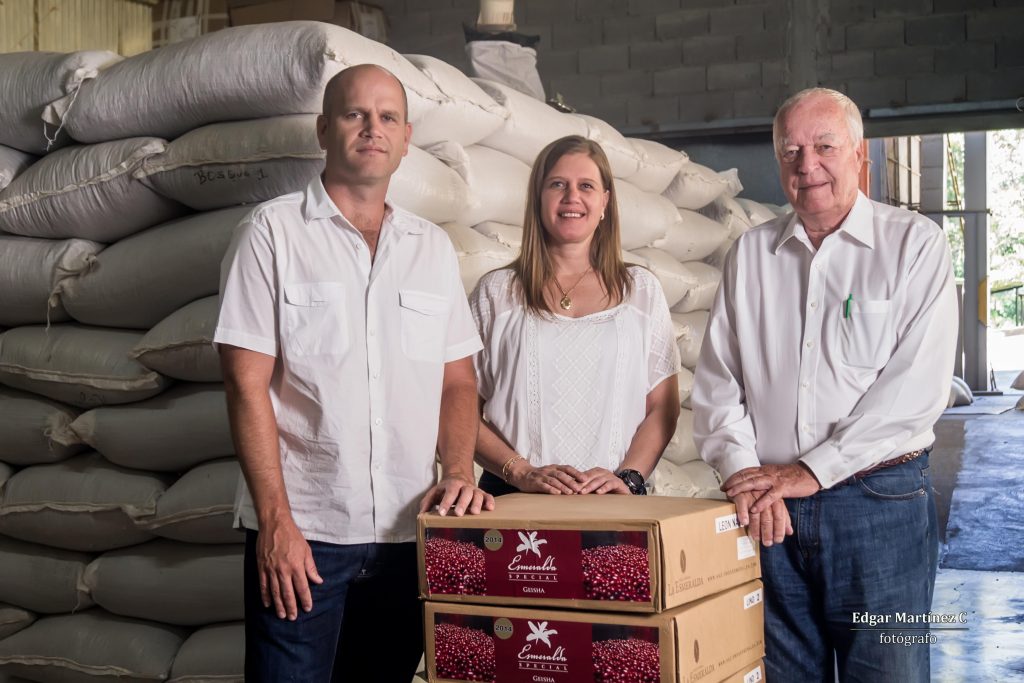
Panamanian rosy summer coffee beans
Panama's Rose Summer Coffee is also famous all over the world, and the whole Panamanian Rose Summer Coffee cultivation revolves around the Chiriki volcano region, the most outstanding of which is the Pokuit producing area. the unique volcanic fertile soil, abundant moisture, regular rainfall, dense vegetation and cloud cover nourish coffee trees and produce high-quality coffee beans with rich flavor. Many different microclimates also contribute to the production of coffee beans with a variety of taste characteristics, and the introduction of rose summer coffee can not be bypassed by the legendary Jade Manor.
Legendary Emerald Manor
In 1964, Rudolph Peterson, an American banker, retired, moved to Panama and bought the emerald estate in Poquet, initially dominated by dairy. Then his son Price resigned as a doctor to help his father run the farm, introduced Kaddura and Kaduai coffee beans in 1987, set up a washing plant in 1994, and has had its own coffee processing plant ever since.
Later, Peterson found a weak number of coffee at the border of his estate, and the coffee beans produced were sweet and fragrant, so Peterson decided to filter out these numbers and focus on cultivation. In 2004, Peterson took the coffee bean to the BOP raw bean competition and won the championship. It is the rose summer seed.
At present, the Emerald Manor mainly has three manors to grow rose summer varieties: veil El Velo, Cannes Vidis Caas Verdes, Haramillo Jaramillo. Haramillo Jaramillo, which has a superior geographical environment and good flavor of the original coffee variety, was bought in 1996. Veil El Velo was acquired by Jade Manor in 2012. Qianjie Coffee believes that the acquisition of a good high-altitude manor like the Jade Manor was a unique decision at that time, which made the Jade Manor Rose Summer Coffee can occupy a certain position in the coffee industry.
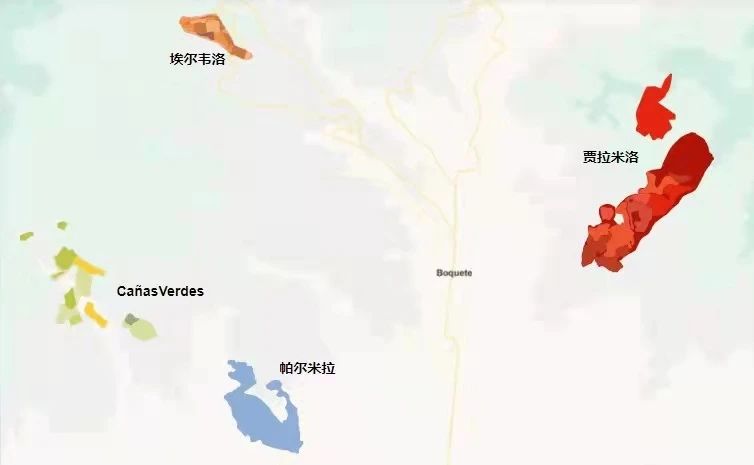
Among them, Haramiyo Manor is a manor planted with rose summer varieties. Because of its low yield, the former owner only used it as a windbreak tree, and it was not until it was acquired that it was found to have a distinctive flavor. Qianjie Coffee feels that this is the charm of Rose Summer. The worse the environment, the better the flavor.
Although the Jade Manor found coffee beans with flavor at the beginning, in order to be accurate, the coffee beans in different areas of the garden were tested, and the planting plots were determined according to the elevation. That is why we now know the red mark, green mark, blue mark these several rose summer grades.
The red mark Qianjie bought this year is the Mario plot from the Jade Manor, which belongs to Jaramillo, the prestigious sub-estate of the Jade Manor. This area is full of glory, and the Jade Manor became famous with its rosy summer in 2004.
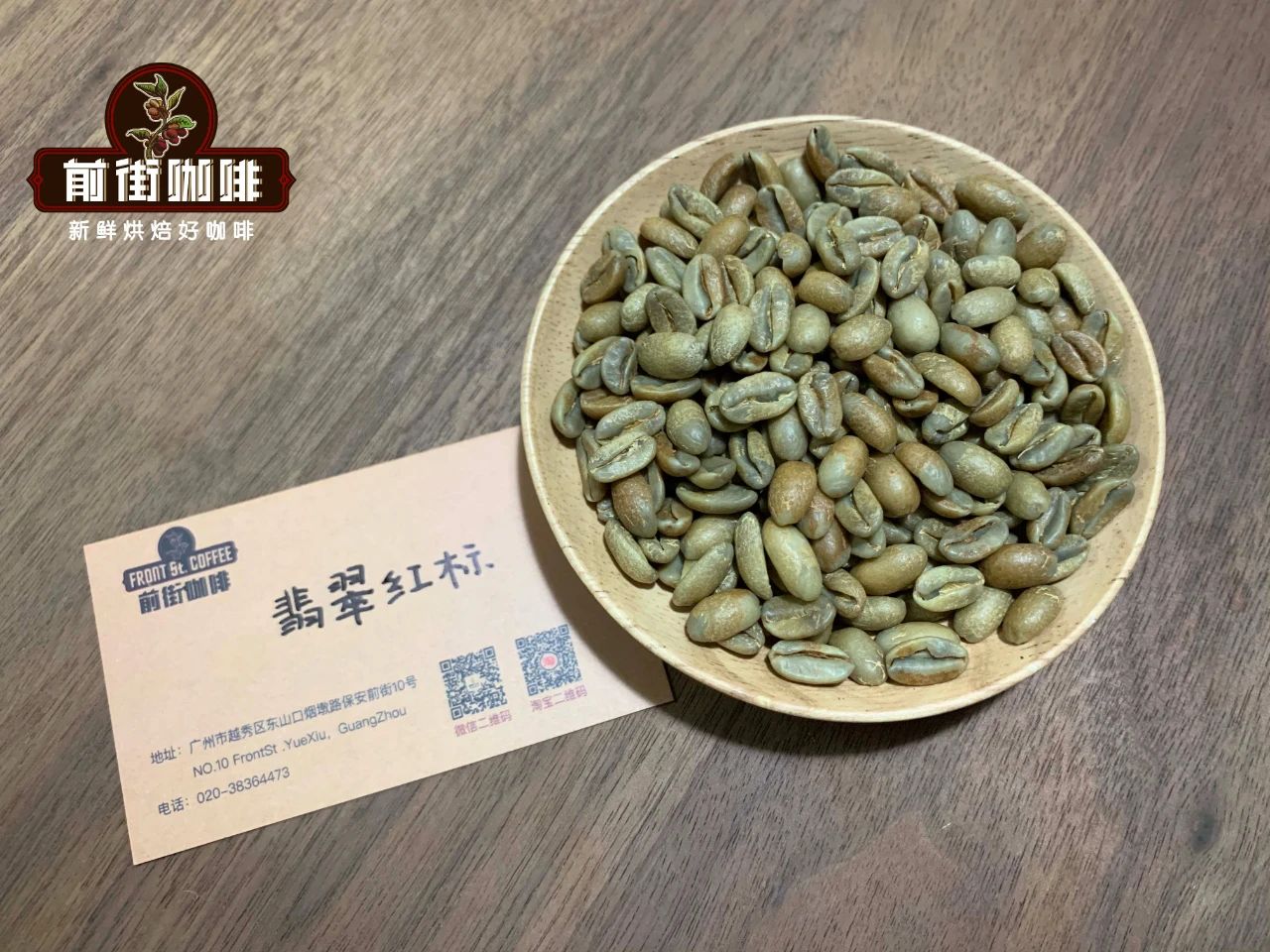
Qianjie still chooses the batches of slow sun treatment, the exquisite processing technology of jadeite manor and strict quality control standards, and the fruit tone of slow sun batches of red standard rose summer is more rich, with excellent sweetness and acidity, of course, the sweet fruit flavor and jasmine aroma of rose summer.
There is no doubt about the quality control of the Emerald Manor, the coffee raw beans are full and fat, and the rosy summer coffee beans have a long, pointed appearance that is easy to identify, and no obvious defective beans can be found.
The flavor of citrus, berries, honey and grapes can be tasted by cup test. When the temperature drops, the sweetness of honey is particularly obvious, with the aroma of ginger flowers.
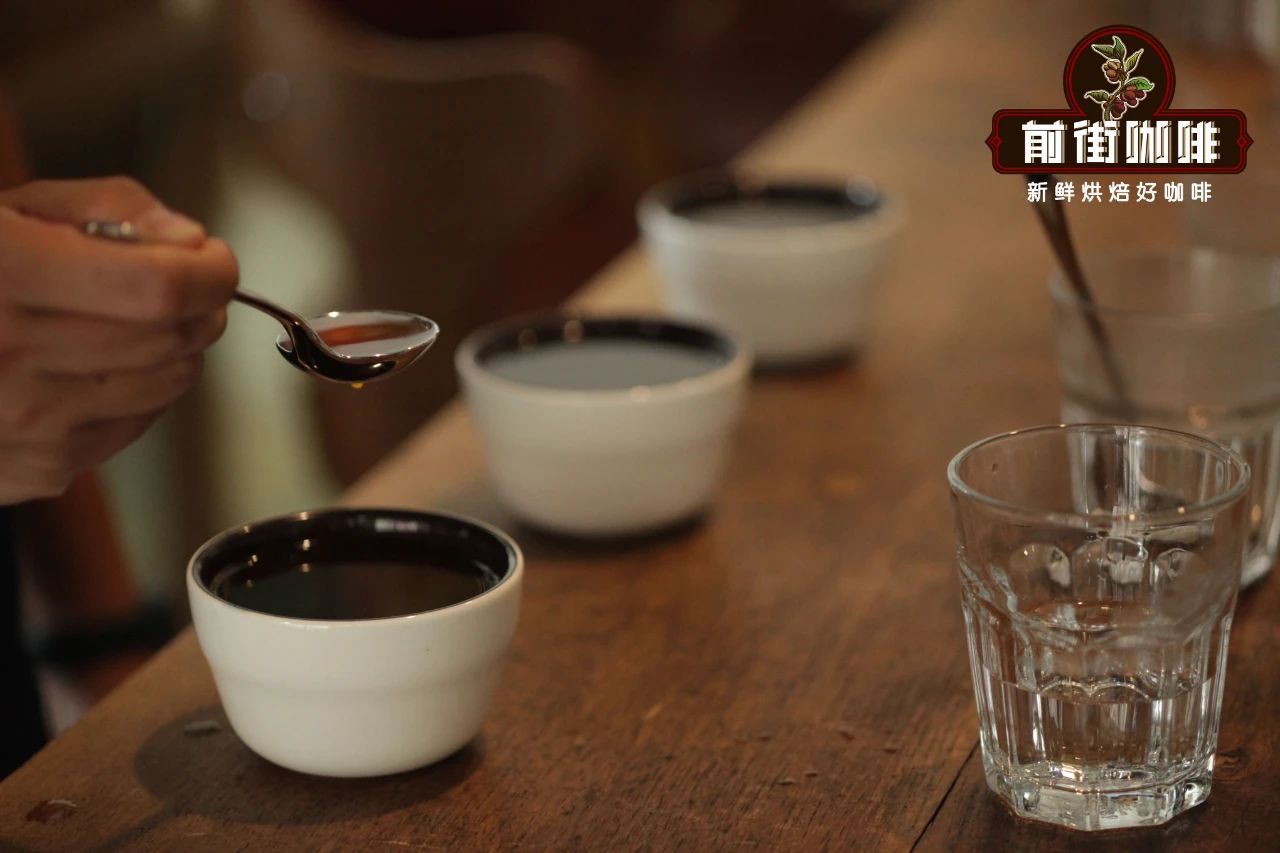
In addition to the Emerald Manor in Panama, there are many other estates with good rosy summer quality, such as the rosy summer coffee beans of Deborah Manor.
Deborah Manor Savage Rose Summer
Located in the mountains of Mount Chiriki, Deborah Manor is one of the highest and most remote coffee farms in Panama. In addition to managing the estate, Mr. Jamison Savage has two projects, one is his new manor, Morgan Manor, and the other is the Savage Coffee Project (Savage Coffee), which is named after Savage. You can know how much Mr. Savage attaches importance to this project. The rosy summer coffee purchased in Qianjie this time is Savage Coffee.
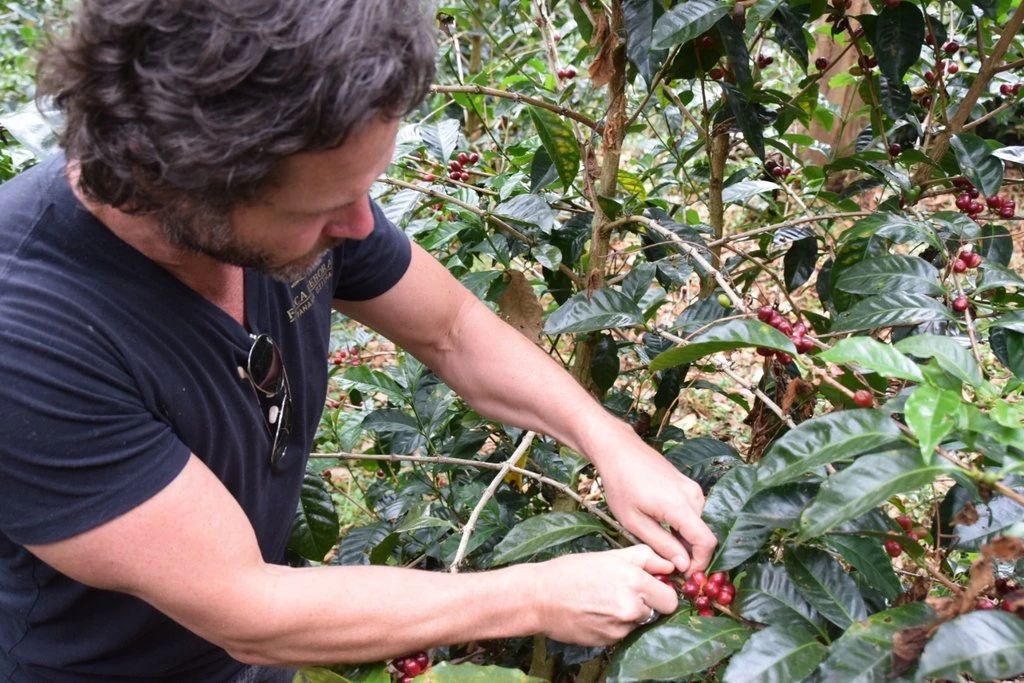
Savage positions himself as one of the most mature coffee producers in the world, so he not only deals with coffee beans grown on his own estate, but also buys high-quality coffee beans around Deborah Manor. Plus the coffee processing technology of Deborah Manor. For this rose summer coffee bean, Qianjie decided to use medium-light baking, which was baked in 1 minute and 20 seconds after the explosion, showing the sweetness, acidity and flower and fruit aroma of the beans.
Excellent raw coffee beans and meticulous roasting in front of the street give this coffee a rich floral, lactic acid, pineapple and berry flavor.
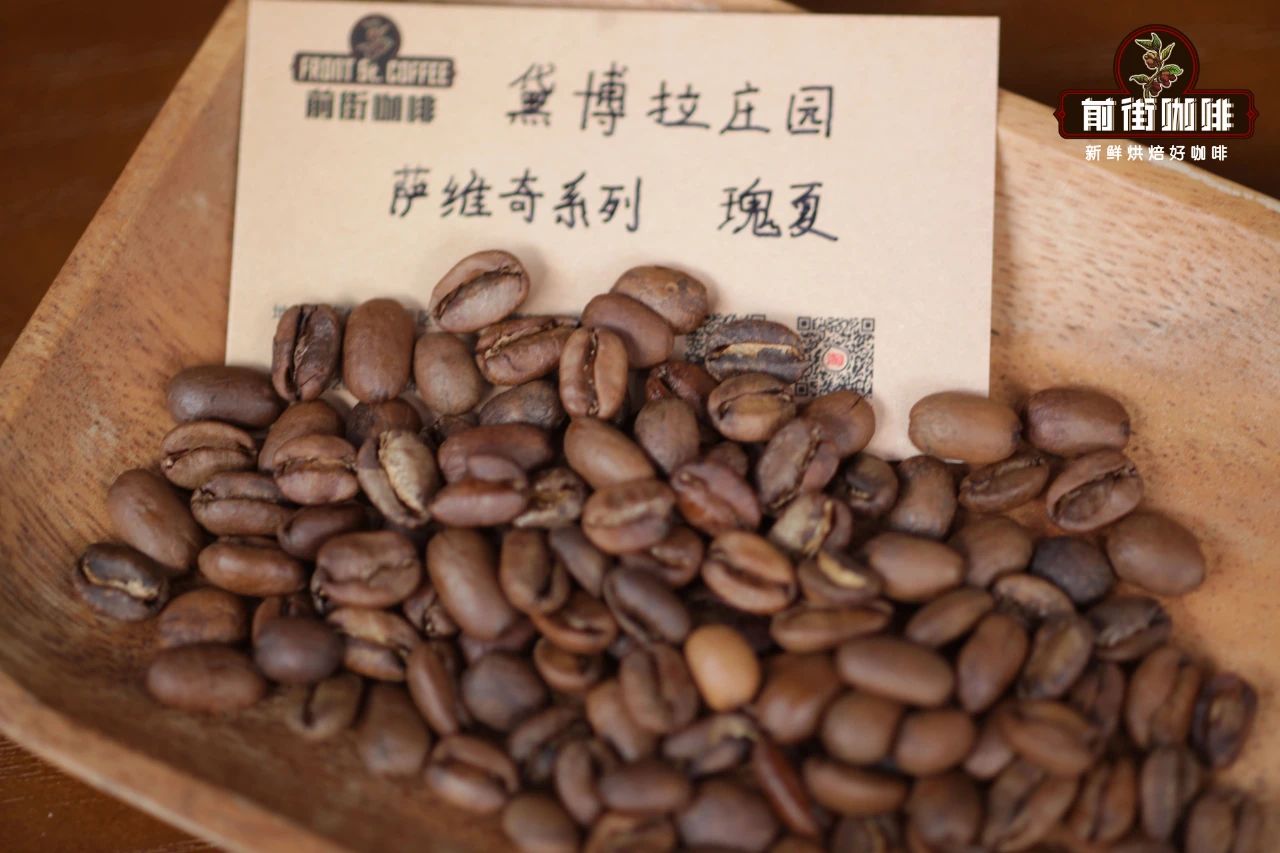
The Rose Summer of Africa-- the Manor of Rose Xia Village
In 2007, documentary director Adam Overton and photographer wife Rachel Samuel came into contact with the Gera Coffee Forest in the Banchi Maji region while shooting a documentary about Ethiopian coffee for the Ethiopian government, and in the process they came up with the idea of building their own coffee estate and brand. In 2009, they were lucky enough to meet the famous mule owner and BOP judge Willem Boot, and Willem Boot's idea provided an opportunity for the Overton couple to return to Ethiopia to find the birthplace of Rose Summer. Finally they came to Banchi Magi, an area in southwestern Ethiopia near South Sudan, where many places are known as the village of Gesha and where primitive roses are most likely to be found.

Adam followed WillemBoot on an adventure in the forest around the manor. In a jungle magically surrounded by a thick forest, he found a variety of wild tree species, and what surprised them most was to find the wild rose summer. Later they learned that this was the place where the rose species were first found in the Gori Gesha forest. So they collected seeds from native rose trees, screened them, and planted them in Rosa Village. They decided to build the estate here and name it Gesha Village Coffee Estate, a 475-hectare coffee farm about 12 miles from the Gori Gesha Forest.
There was no manor and estate hierarchy in Ethiopia, and after discovering the Rose Summer Forest, Willem Boot and Adam decided to move the Panamanian coffee farm here, so Rosa Village became the only coffee farm in Ethiopia.
In Rosa Village, every step of planting and processing strives for uncompromising quality. At their coffee lab in Addis Ababa, as well as the official SCA standards, each batch is carefully selected and strictly graded through a rigorous cup testing process to ensure that buyers are provided with the best quality coffee beans. Finally, from extremely high-end and delicious treasures to exquisite mixed chakas, one is divided into four levels and is available to the world coffee market. What they do is that each batch, a label, can be traced back to the details of the bean. There is a strict grading system in Guoxia Village, which is competitive bidding, gold bid, red bid, green bid and Chaka batch.
The gold bid batch is a high-quality rose summer second only to the competitive bidding batch, accounting for only 5% of the annual output of Ruoxia Village. The gold mark batch selected in Qianjie is from the oma plot, and the variety is Gesha 1931, which has similar characteristics to Panamanian Rosa.
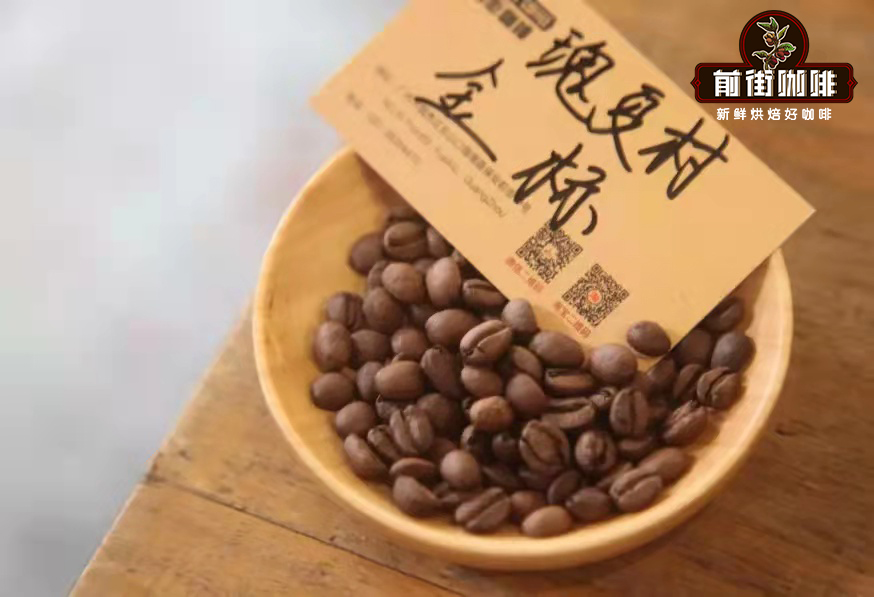
Qianjie through the cup test rose summer village gold standard sun rose summer coffee taste is obvious yellow drupe flavor, white flower aroma, slight tea feeling mixed with obvious cream aftertaste.
The advantage is that the ultra-high sweetness brought by the exquisite sun treatment runs through all the time. Because of the high sweetness in the front section, the acidity is not sour, so it is a kind of soft acidity, while the creamy feeling at the end is more obvious. But the disadvantage is the lack of alcohol thickness, and the overall tastelessness after low temperature.
Professional coffee knowledge exchange more coffee bean information please follow the coffee workshop (Wechat official account cafe_style)
For more boutique coffee beans, please add private Qianjie coffee on Wechat. WeChat account: kaixinguoguo0925
Important Notice :
前街咖啡 FrontStreet Coffee has moved to new addredd:
FrontStreet Coffee Address: 315,Donghua East Road,GuangZhou
Tel:020 38364473
- Prev
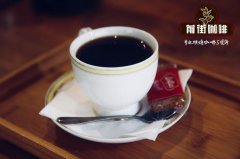
Introduction to the Flavor characteristics of Costa Rica Pillon Coffee
The Pillon processing plant is located in the famous Tarazu region of Costa Rica, located on the border of the town of Leon Cortez, owned by Edgar Urena and Efrain Mendez, with a total output of more than 100 bags. Kaddura species (Caturra) is a mutant of Bourbon, which was first found in Brazil. Sour taste of lemon or citrus on the palate, fruity in sweetness and sweetness
- Next
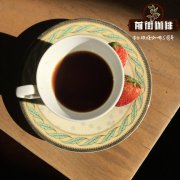
Introduction to the characteristics of San Pedro Manor in Tolima, Colombia
Chateau San Pedro, Colombia: Columbia: Tolima altitude: 1860m treatment: washing Grade: SUPREMO Variety: Rosa Colombia is the world's third largest exporter of coffee, mainly producing Arabica coffee and the largest exporter of Arabica beans. Colombia is rich in products, especially coffee, flowers, gold and
Related
- Detailed explanation of Jadeite planting Land in Panamanian Jadeite Manor introduction to the grading system of Jadeite competitive bidding, Red bid, Green bid and Rose Summer
- Story of Coffee planting in Brenka region of Costa Rica Stonehenge Manor anaerobic heavy honey treatment of flavor mouth
- What's on the barrel of Blue Mountain Coffee beans?
- Can American coffee also pull flowers? How to use hot American style to pull out a good-looking pattern?
- Can you make a cold extract with coffee beans? What is the right proportion for cold-extracted coffee formula?
- Indonesian PWN Gold Mandrine Coffee Origin Features Flavor How to Chong? Mandolin coffee is American.
- A brief introduction to the flavor characteristics of Brazilian yellow bourbon coffee beans
- What is the effect of different water quality on the flavor of cold-extracted coffee? What kind of water is best for brewing coffee?
- Why do you think of Rose Summer whenever you mention Panamanian coffee?
- Introduction to the characteristics of authentic blue mountain coffee bean producing areas? What is the CIB Coffee Authority in Jamaica?

